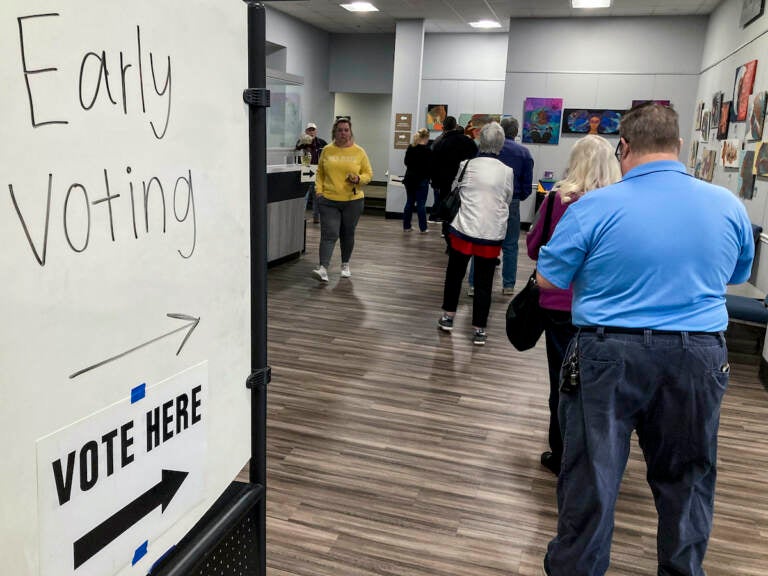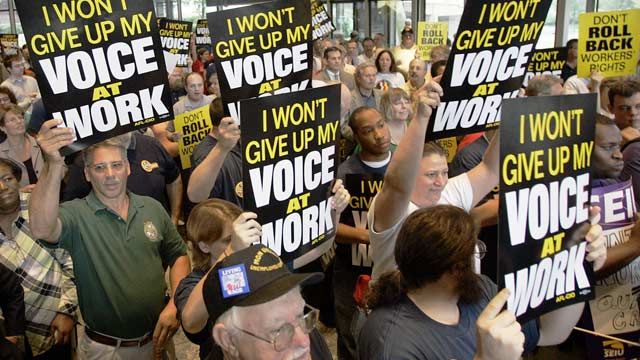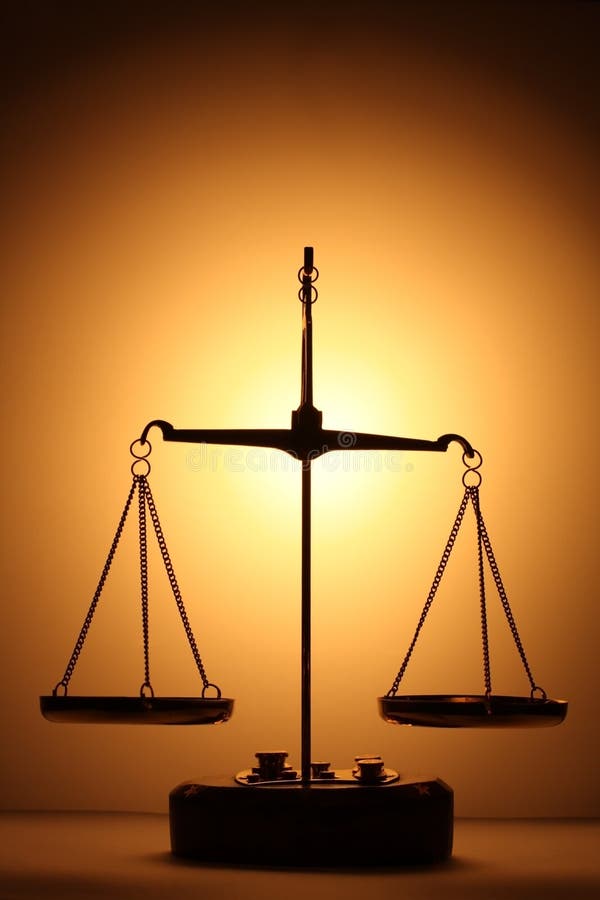
A Billionaire, a Bench, and a Battle for Democracy - How Wisconsin’s $100 Million Judicial Race Became a National Flashpoint
A Billionaire, a Bench, and a Battle for Democracy: How Wisconsin’s $100 Million Judicial Race Became a National Flashpoint
A Spring Election Becomes a National Earthquake
What began as a relatively routine election to fill a seat on the Wisconsin Supreme Court has erupted into a seismic political showdown, the most expensive judicial race in American history. With less than 24 hours until polls open on April 1, the race between liberal-backed Judge Susan Crawford and conservative Judge Brad Schimel has shattered spending records and shredded the illusion of judicial neutrality, becoming a high-stakes proxy war for national ideological control.

The price tag: nearly $100 million and rising.
Table: Key Trends in State Supreme Court Race Spending
| Trend | Details |
|---|---|
| Record-Breaking Spending | Over $80 million spent in the 2025 Wisconsin Supreme Court race, surpassing the $56 million record in 2023. |
| Independent Expenditures & Dark Money | Significant funding from independent groups and dark money organizations with limited disclosure requirements. |
| Impact of Citizens United | The 2010 ruling fueled a surge in independent expenditures, increasing spending in judicial elections. |
| Nationalization of Judicial Races | Out-of-state donors and PACs fund races due to high-stakes issues like abortion and election laws. |
| Public Confidence Concerns | Increased spending and politicization risk eroding trust in judicial impartiality. |
At the epicenter of the storm stands Elon Musk, who has injected $20 million into the race to support Schimel and, in a controversial move, distributed $1 million checks to two attendees at a rally in Green Bay. Musk says he is protecting economic freedom and business interests, including Tesla’s ability to sell cars directly to consumers in Wisconsin. Critics call it something else entirely: an audacious attempt to buy judicial influence.
And while voters prepare to cast their ballots, the rest of the country is watching—nervously.
More Than a Bench: A Battlefield for National Policy
The stakes are enormous. The Wisconsin Supreme Court holds a narrow 4-3 liberal majority. A Schimel victory would flip the ideological balance, opening the door to rulings that could dramatically alter abortion access, congressional redistricting, union rights, and voting laws in one of the country’s most pivotal swing states.
“This is beyond Wisconsin,” said one constitutional law analyst. “This race could determine who controls Congress in 2026—and whether the legal system can remain insulated from billionaire influence.”
Wisconsin’s court will likely decide on the state’s gerrymandered district maps—maps that helped Republicans maintain a lock on the state legislature despite Democratic-majority votes. A conservative court could uphold those maps or even harden them further, potentially affecting the partisan makeup of the U.S. House of Representatives.
Did you know that Gerrymandering is a political tactic where electoral district boundaries are manipulated to favor a particular party or group? This practice, named after former Massachusetts Governor Elbridge Gerry, involves strategies like "cracking" and "packing" voters to skew election outcomes. By diluting or concentrating opposition voters, Gerrymandering can lead to disproportionate legislative control and undermine democratic principles. It often results in oddly shaped districts that prioritize political advantage over fair representation, affecting voter confidence and potentially violating constitutional principles. Despite its controversial nature, Gerrymandering remains a contentious issue in many democratic systems.
Musk’s Political Experiment: Tesla, Power, and the Price of Influence
Musk’s involvement in the race has ignited fury and fascination in equal measure. At a rally in Green Bay, Musk personally handed out two $1 million checks to voters, originally framed as rewards for “supporting the fight against activist judges.” Under mounting scrutiny, his America PAC rebranded the giveaway as a “petition signing bonus,” skirting direct election bribery laws—but not avoiding ethical firestorms.

“This is not vote buying,” Musk posted on his platform, X. “It’s about defending liberty, fighting judicial overreach, and making sure Tesla can operate fairly in every state.”
But critics are unconvinced.
One prominent legal scholar described the act as “legal performance art designed to provoke a response from regulators and redefine the limits of campaign finance law.” Others see it as a dry run for 2026 and 2028, testing whether a billionaire’s war chest can determine legal outcomes.
Did you know that Political Action Committees (PACs) play a crucial role in U.S. politics by pooling funds to support or oppose candidates and legislation? These organizations, which can be linked to businesses, unions, or ideological groups, are subject to specific contribution limits and disclosure requirements. For instance, PACs can donate up to $5,000 per candidate per election and must disclose their financial activities. There are different types of PACs, including connected PACs tied to specific organizations and non-connected PACs that can solicit from the public. Additionally, Super PACs, created after the Citizens United v. FEC decision, can raise unlimited funds for independent expenditures, significantly influencing election outcomes. Overall, PACs have been shaping U.S. elections since their inception in 1944, making them a key component of the country's campaign finance landscape.
Tesla, notably, is in litigation over Wisconsin’s dealership laws, which restrict direct-to-consumer auto sales—a policy Musk is keen to overturn. A Schimel court could rule favorably, delivering not just a judicial win but a regulatory precedent with national implications.
A Cascade of Outrage: Voters Push Back Against 'Democracy for Sale'
On popular online forums, thousands of users have taken to venting frustration and disillusionment.
“He’s not buying votes, he’s just buying influence,” one Reddit user wrote. Another posted, “If Musk’s money can flip a judicial seat, what hope do we have for a fair election?”

Some threads see the Wisconsin race as a symptom of a systemic rot. “Dark money isn’t just corrupting politics,” a post read. “It’s rewriting the rules of democracy in real time.”
Table summarizing the concept, impact, and efforts to address 'Dark Money' in politics.
| Aspect | Description |
|---|---|
| Definition | Political spending by organizations that do not disclose their donors, often under nonprofit status. |
| Origins | Rooted in Supreme Court decisions like Citizens United v. FEC (2010), allowing unlimited corporate spending. |
| Scale | Hundreds of millions spent per election cycle; $1.5 billion in undisclosed funds during the 2020 election. |
| Transparency Issues | Undermines democratic accountability by keeping donor identities hidden from the public. |
| Legal Loopholes | Exploits weak enforcement by agencies like the FEC and IRS to avoid disclosure requirements. |
| Election Influence | Concentrates resources in competitive races, distorting electoral outcomes and policymaking. |
| Bipartisan Usage | Utilized by both Democratic and Republican groups to fund campaigns and causes anonymously. |
| Reform Efforts | Proposals like the DISCLOSE Act aim to mandate donor transparency but face political resistance. |
Legal experts warn that Musk’s maneuver—though legally ambiguous—may redefine the boundary between free speech and direct inducement. As one election law attorney commented, “Even if technically legal, the message it sends is corrosive: If you’re rich enough, you can put your thumb on the scale of justice.”
Crawford vs. Schimel: Two Philosophies, One Crossroads
The candidates themselves have been largely overshadowed by the circus around them.
Susan Crawford, a Dane County Circuit Court judge and the liberal favorite, has run on a platform of judicial independence and constitutional protections, emphasizing reproductive rights and fair maps.

Brad Schimel, a Waukesha County judge and former Attorney General, claims he’s simply interested in upholding Wisconsin law. Despite his endorsements from Trump-aligned groups and massive backing from Musk, he insists his judicial record speaks for itself.
The race has become so polarized that Crawford’s support from George Soros and Democratic mega-donors like J.B. Pritzker is used as both sword and shield—evidence of national interest, but also proof for critics that both sides are engaged in a billionaires’ arms race.
Data Doesn’t Lie: Turnout Surges, But So Do Concerns
Early voting in Wisconsin is breaking records. As of Sunday, over 750,000 early ballots had been cast—a number unusually high for an off-year judicial election. Internal party data suggests Democratic voters are overperforming, though polls remain tight, with Crawford leading 50% to Schimel’s 42% and 8% still undecided.

Did you know that early voting turnout in Wisconsin's 2025 spring election has seen a remarkable surge compared to previous off-year elections? As of late March, over 644,800 early votes had been cast, marking a 57% increase from the same period in 2023. This represents an additional 235,000 ballots, with absentee ballots up by nearly 50%. The increase is evident across both Republican-leaning counties like Waukesha and Democratic strongholds such as Dane County. The first day of in-person early voting alone saw more than twice the number of votes compared to 2023, highlighting the heightened interest in this election, particularly driven by the Supreme Court race.
But turnout is only part of the story.
More than a dozen outside groups are targeting Wisconsin voters with algorithmically-optimized messages. Musk’s America PAC, in particular, has been accused of deploying advanced voter segmentation tools to identify likely swing voters and push them toward conservative judicial candidates using policy-pitch incentives.
“This is the new frontier,” said a campaign strategist familiar with Wisconsin’s digital ad buys. “Billionaire-funded AI operations are merging with grassroots tactics. The lines between persuasion and manipulation are blurring.”
Table summarizing the process, applications, and risks of political microtargeting.
| Aspect | Description |
|---|---|
| Data Collection | Gathering voter data from public records, private sources, and online behavior to build voter profiles. |
| Segmentation | Categorizing voters into groups based on shared traits (e.g., demographics, interests, political views). |
| Message Tailoring | Crafting personalized messages that resonate with specific voter segments or individuals. |
| Ad Delivery | Disseminating tailored ads via digital platforms like social media, search engines, or email. |
| Feedback Loop | Monitoring ad performance in real-time to refine strategies and improve targeting effectiveness. |
| Applications | Mobilizing supporters, persuading undecided voters, and shaping campaign policies based on voter data. |
| Criticisms/Risks | Privacy concerns, misinformation spread, voter exclusion, and increased political polarization. |
Wall Street Watches—and Worries
Investors are also paying attention. The stakes go far beyond civic values. A favorable court ruling for Musk could greenlight Tesla’s direct sales in Wisconsin, potentially setting a domino effect across the Midwest. Analysts speculate such a ruling could unlock millions in deferred revenue for Tesla and embolden similar efforts in other states.
But the market doesn’t like volatility.
Political risk analysts warn that if Musk’s approach becomes a norm—where judicial outcomes are seen as purchasable commodities—it could trigger an institutional confidence crisis. Regulators may respond with stricter oversight. Investors could begin pricing in “democracy risk” akin to regulatory uncertainty in emerging markets.
“This is a test case,” said one hedge fund strategist. “If a billionaire can sway a court with giveaways, then every investor has to ask: What happens when the next ruling goes against them not because of law, but because of who paid more?”
The Long Game: Redistricting, Roe, and the Rule of Law
This election is about more than Musk. The Wisconsin Supreme Court will likely revisit the state’s 1849 abortion ban, which was reactivated after Roe v. Wade’s reversal. A conservative court could uphold it, entrenching one of the nation’s strictest abortion laws. It will also rule on voting restrictions, including voter ID laws and ballot access.

Union rights are also on the docket. Wisconsin’s “right to work” legislation, previously upheld, may be challenged again. A shift in the court’s makeup could determine whether labor unions in the state regain lost ground—or see their power eroded even further.

One constitutional law professor framed it bluntly: “This is a multi-decade inflection point. Whoever wins will shape legal doctrine for a generation.”
Conclusion: When a Bench Becomes a Battlefield
As voters prepare to head to the polls, Wisconsin finds itself playing an outsized role in the American experiment. A judicial seat in Madison may soon dictate policy in Washington. A billionaire in Texas may determine whether democracy can survive unbought. And a $100 million race may reveal the true cost of justice in a nation struggling to define its political soul.

The only certainty is that the outcome will resonate far beyond Wisconsin’s borders—into corporate boardrooms, Capitol Hill, and the very foundation of American democracy.
Tomorrow, Wisconsin votes. The world watches.